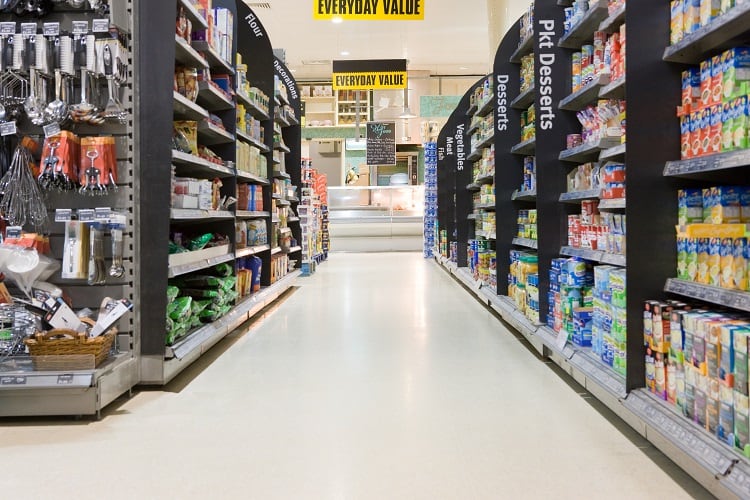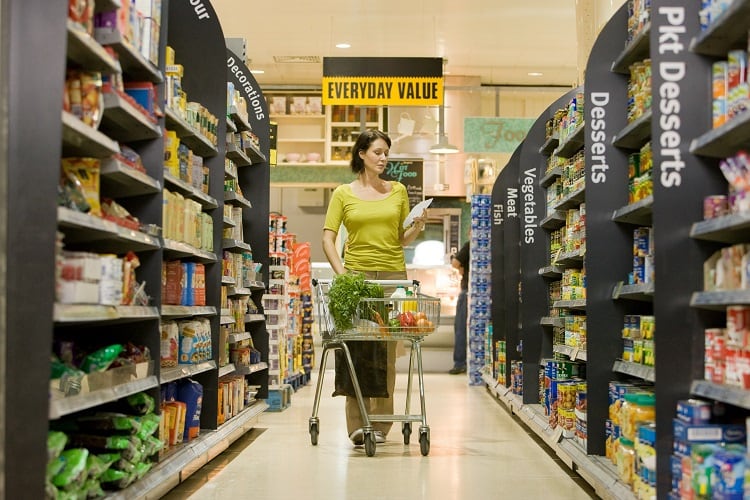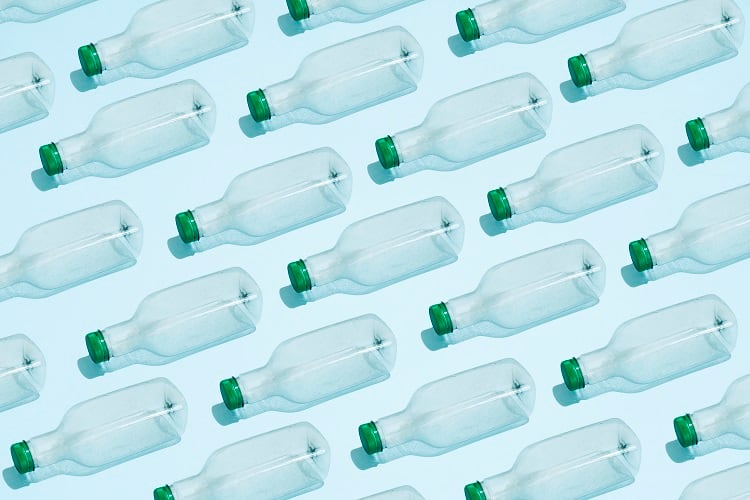Private label brands are often seen as a cheaper alternative to “national brands,” – brands recognised across a nation and sold in a variety of supermarkets.
Ananda Roy, senior vice-president at consumer behaviour analytics company Circana (the result of a recent merger between IRI and NPD), suggests that it’s a misconception that most consumers view private label brands as of inferior quality to national brands.
“Consumers don’t see a value gap – and if there is, it is fast changing,” he told FoodNavigator.
“Our recent research has shown that 60% of all consumers we surveyed felt that Private Labels are as good as National Brands in things such as Innovativeness, Quality, Trust, Delivering on their claims, Sustainability and Good Image.
“In fact 25% felt they are better than National Brands (although there is of course an element of a price effect). Interestingly, among a cohort of switchers who constantly move between private labels and national brands at the weekly shop, 21% felt National Brands are better.”
Of course, private label brands don’t have the product awareness of national brands, but they don’t need to. “Whilst private labels are not often recognised brands in themselves, they don’t need to be as they ‘borrow’ the retailer’s brand equity,” Roy told us.
Keep your friends close, and your private label brands closer
According to Circana, private label brands have 37.8% of total FMCG value sales in Europe, which amounts to approximately €229bn. Their highest penetration is in Spain (47%), Germany (41%), and the Netherlands (40%), although the highest absolute value is Germany, accounting for €66bn, and the UK, with €48bn.
According to Roy, the success of private label brands is affecting the way food manufacturers think. “Food manufacturers are recognising that Private Labels are now effectively their ‘third competitor’ and cannot be ignored,” he told us.
“Their response has been to promote in the media more heavily, invest in innovations to widen the value gap with consumers, and in some cases offer lower priced value packs.
“They are still offering high variety of products in each segment (this is the opposite of what Private Labels are doing which is being incredibly focused) and so National Brands have more to do especially in the area of range optimisation and media effectiveness.”

Indeed, private labels are increasingly appealing to consumers. According to Circana, consumers who are loyal to private label brands roughly equal those loyal to national brands across Europe, with the remaining being those who switch between the two. Furthermore, private label consumption has been growing across all countries surveyed.
Not just about money
Private label brands have shown an increase in value during the cost-of-living crisis as well. In fact, Circana’s data shows that the cost-of-living crisis has increased consumption of private label brands in all categories except alcohol.
In fact, the percentage of private label brands sold in Europe has risen dramatically during the cost-of-living crisis, growing more significantly than it did during the heights of the pandemic.
However, according to Roy, the appeal of private label brands isn’t just about their value-for-money, but their quality as well.
“There is certainly an element of price but it has also to do with Retailers who have been strategy-focused, consumer obsessed and their products that are well–differentiated,” he told us.
“Retailers are actively targeting middle-class consumers who switch between National Brands and Private Labels by offering premium, high quality, sustainable and innovative products.”





